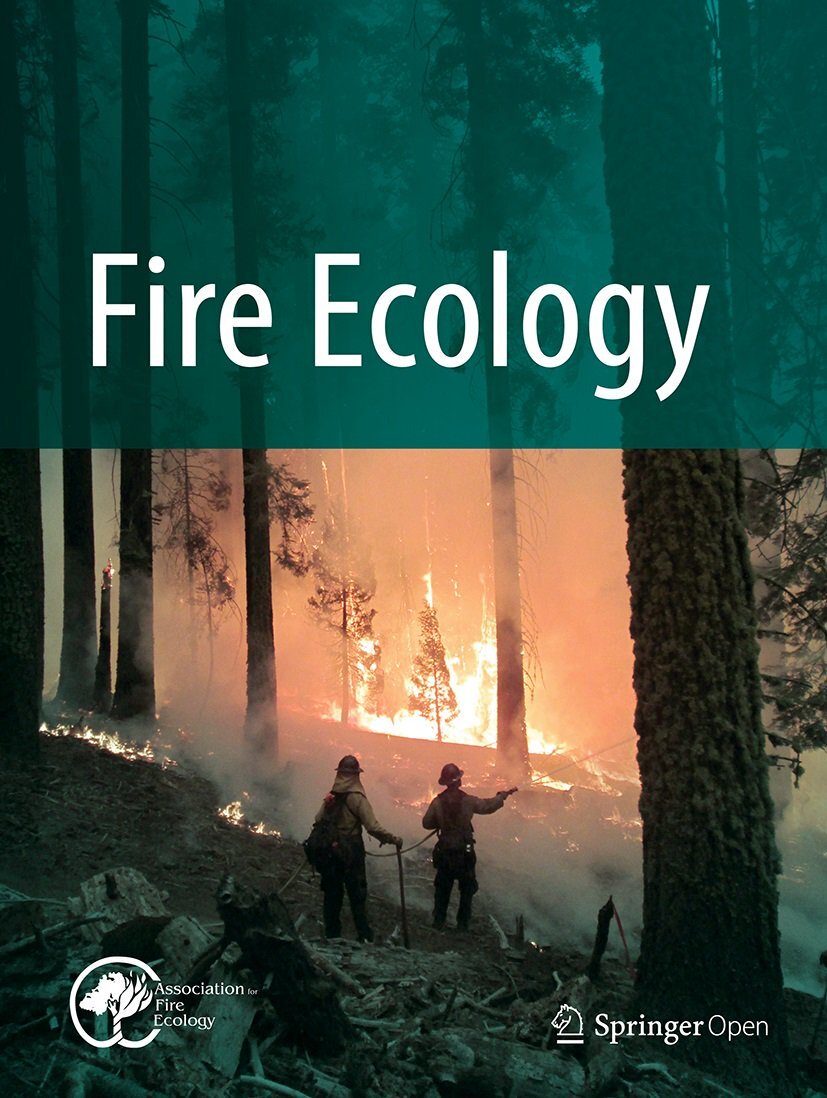Job Type: Full-time or part-time, on-site
Location: Arcata, CA
Salary: Stipend depends on full or part time schedule, and will be based on a full time monthly range of $3,200-$4,000/month
Application Due Date: July 25, 2025
Research Project:
The USDA Forest Service has adopted a 10-year wildfire strategy, “Confronting the Wildfire Crisis: A Strategy for Protecting Communities and Improving Resilience in America’s Forests” and designated 21 focal landscapes for reducing wildfire risk. These are now referred to as “Forest Health and Fuels Emergency Situation Determination (FHFESD) lands.” Successful implementation of wildfire risk reduction will involve engaging Tribal priorities and knowledges, including use of fire to advance cultural objectives. Specifically, there is a need to develop visual guides and identify metrics for evaluating desired conditions of fire prone ecosystems and habitats to promote Tribal values. These include reduction of risk from uncharacteristically severe wildfires, promoting access to traditional foods and basketry resources, and supporting healthy wildlife habitat within the Klamath Basin priority landscape within the FHFESD lands.
Fellows will contribute to a multifaceted interdisciplinary research effort to 1) examine opportunities to incorporate interests of Tribes in wildland fire and fuels management planning, including consideration of Tribal cultural resources and Indigenous Knowledge; and 2) to support inclusion of prescribed burning for cultural objectives in wildfire risk reduction. These include informing designs of shaded fuelbreaks, wildland-urban interface (WUI) and road system treatments, with a focus on advancing resilience of forests and protection of rural-tribal communities and critical infrastructure. Such efforts are being planned and implemented within the Klamath Basin priority landscape within the Forest Service designated FHFESD lands. These are aligned with the planning documents such as the Six Rivers National Forest Hazardous Fuels and Fire Management Project (2023).
Learning Objectives:
Installing and collecting data from forestry plots for eco-cultural objectives
Participating in field monitoring hazardous fuels, timber-silvicultural, and prescribed fire treatments
Collaborating with Tribal practitioners to design efficient monitoring strategies for evaluating effects of using fire and associated fuel treatments on key ecocultural values and resources.
Evaluating data and photos of Pacific fisher (Pekania pennanti) den sites to evaluate characteristics of den trees including number of stems, lower branches, and location of cavities, and the habitat characteristics they are contained within.
Developing support tools for wildland fire managers and decision makers that promote cultural ecosystem services of trees while facilitating fire management goals.
Developing a visual guide for designing shaded (hardwood) fuelbreaks for fire managers (through interviews, site visits, photographs, and field measurements of fuel conditions).
Qualifications:
The qualified candidate should be currently pursuing or have received an associate's, bachelor's, or master's degree in the one of the relevant fields.
Preferred Skills:
Interest or experience with: Tribal fire stewardship, Tribal cultural protocols, wildland fire science, ethnobotany, participatory and Indigenous research methodologies
Basic familiarity conducting forestry-related field research, ability to hike several miles, including steep slopes, across rugged mountain terrain in inclement weather.
Knowledge of literature databases (E.g. ProQuest, Google Scholar, EndNote) and/or archival research protocols, sources, and catalogues, compiling and synthesizing data.
Excellent oral and written communication skills, including an ability to bring people together, collaborate effectively in teams or in small groups with shared responsibilities.
Familiarity respectfully engaging with Tribal communities, including elders and knowledge holders. Being able to be open to and understanding of diverse perspectives.
Familiarity with engaging people and communities through workshops, surveys, interviews, or similar approaches.
See the “Learn More” link below for more information.

